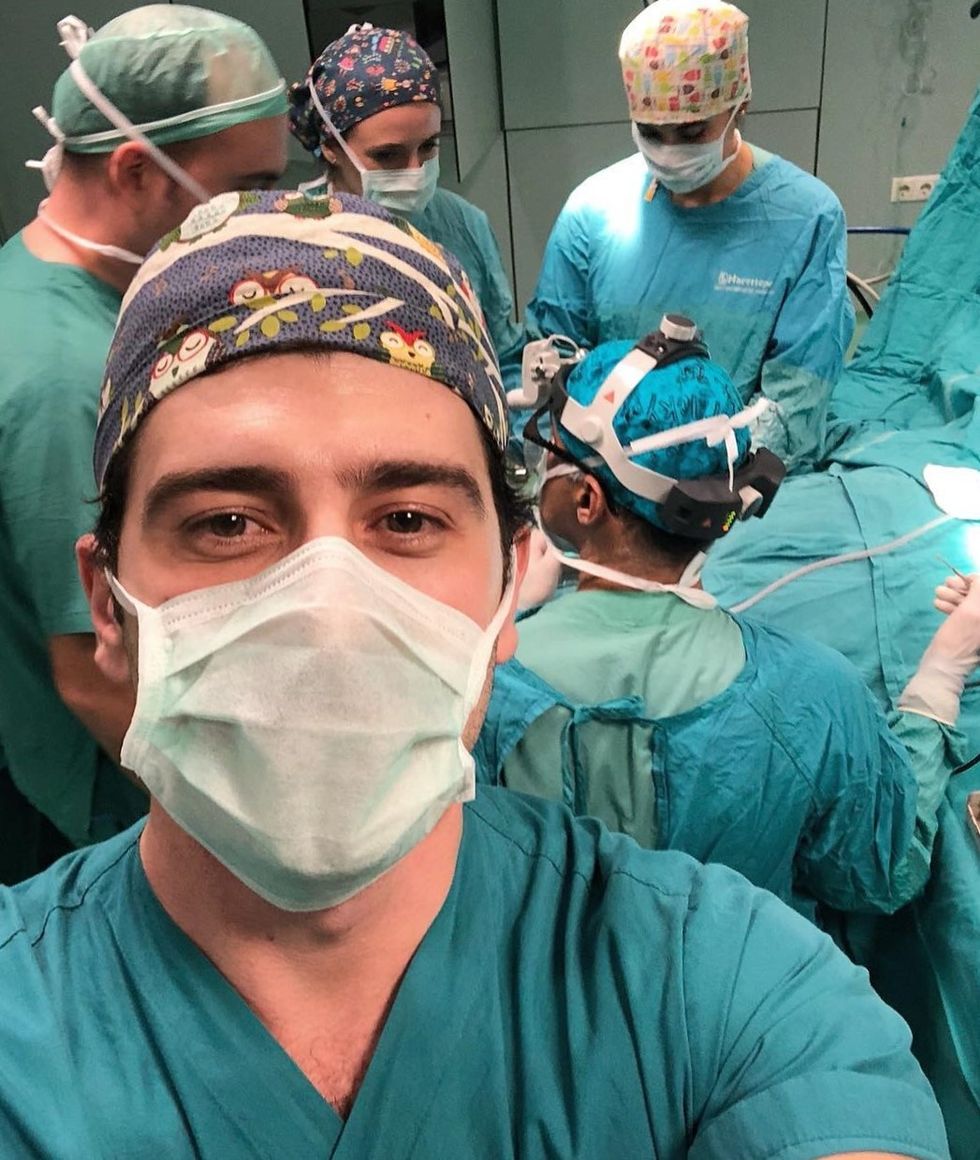Stuyvesant High School is widely known for its sciences, which appealed to my 10th-grade self very much. I was so excited to take as many biology and chemistry classes possible. I've always wanted to be a pediatric neurosurgeon, and in order to be a surgeon, one must not only have strong knowledge and expertise as well as hundreds of hours of clinical training, but they must have impressive motor skills given the precise tools and instruments they need to work with. I thought long-term and decided to take Vertebrate Zoology as an elective because I thought it would help me train my hands well in advance of medical school and residency.
Zoology was not an easy class, to begin with, as it didn't test much theory other than the parts of the body for each organism that we dissected along with their functions. Given that I was used to just theory, learning about how dissections actually worked was quite difficult to transition to. I was trained in using several dissection tools, including two types of scissors and, yes, a scalpel. I even got to use a bone cutter when we dissected a mink!
However, the first challenge zoology presented to me was dealing with the ungodly smell of formaldehyde. It's a toxic and volatile liquid that is used to preserve living organisms after death. We had to bring trash bags as well to store the animals after each class so that they wouldn't get lost or leak any formaldehyde onto the desks and make the lab room smell for the rest of the day. The whole process of dressing up for the class was quite messy in general, and my lab aprons were soaked with formaldehyde and oils of the organisms.
After I got used to the smell, I had to refine my motor skills to meet the demands of the class. One huge mistake I made when I dissected a lamprey was that I moved the scalpel in a saw-like fashion when slicing the lamprey in half, which made the lamprey's insides look serrated as opposed to smooth. This obscured so many structures and caused me to miss some when I had to draw the pictures in my notebook. I realized that I was in a rush and that if I did this during a real surgery, the patient would no doubt die. I practiced the hand movements and steadied my hands more such that I cut the next few animals smoothly. I practiced so much to make sure that my brain and my hands knew what they were doing.
My motor skills weren't improved just by dissecting. Zoology in a way made me a better artist, frankly more than art appreciation ever did. Zoology usually involves keeping a tidy notebook, complete with drawings that were supposed to accurately depict the viscera of the organism you're looking at. My drawings at first were horrible, as the proportions were completely off and I couldn't accurately depict some of the structures. However, I just needed practice, which made all the difference in my later drawings, which, while not worthy enough to be exhibited at the Met, could still accurately show the innards of an organism.
However, I'm most grateful to zoology for teaching me patience.
A surgeon's most valuable asset is his/her patience and ability to remain calm under pressure. The practicals of zoology required a quick recall of the structure name and function, which were very stressful given the number of students in the class, and the students switch positions every minute while revolving around the class and examining structures. We only had one shot to get the questions right, and that just added to the pressure. I learned to be a faster thinker and stay calm under pressure so that I don't mislabel my structure or function. My patience grew as I dissected more organisms because I didn't want to make the same mistake I did with my lamprey and serrate it. Instead of speed, I worked on technique, and with that came efficiency. I never became as good as my teacher in terms of sheer skill, but I think my skills improved substantially.
I'm grateful to zoology for teaching me basic motor skills, handling pressure, and being more patient. I grew used to the smell of formaldehyde, so anatomy labs don't bother me at all. Zoology was hard, but it was extremely rewarding in the end, as I gained so many skills and I got to keep my dissection kit! I think that more than any other class I took in high school, this class further motivated me to be a surgeon, and I'll always be grateful for that.





 Lumiere figure at the Disney Store at the Ala Moana Shoppi… | Flickr
Lumiere figure at the Disney Store at the Ala Moana Shoppi… | Flickr








 StableDiffusion
StableDiffusion StableDiffusion
StableDiffusion 10. Extra BlanketsJuwenin Home 100% Cotton Knitted Throw Blanket
10. Extra BlanketsJuwenin Home 100% Cotton Knitted Throw Blanket StableDiffusion
StableDiffusion StableDiffusion
StableDiffusion File:Kishlaru familie.jpg - Wikimedia Commons
File:Kishlaru familie.jpg - Wikimedia Commons Photo by Hanna Balan on Unsplash
Photo by Hanna Balan on Unsplash StableDiffusion
StableDiffusion black blue and yellow round illustrationPhoto by
black blue and yellow round illustrationPhoto by 





 woman holding glass jar
Photo by
woman holding glass jar
Photo by 








